What is the First Symptom of Dengue Fever?
Before understanding the initial symptom of dengue fever, let us first know what dengue fever is. Dengue fever is also known as “Breakbone Fever.” It is a severe viral illness caused by the bite of a mosquito called Aedes aegypti. Due to the bite of this mosquito, millions of people across the world, including India, are affected by dengue fever every year.
The initial symptom of dengue fever is that it resembles a common viral fever, but if not identified in time, it can become life-threatening.
*******************************************
Initial Symptoms of Dengue Fever
The initial symptom of dengue fever is the most critical indicator — a sudden high fever.
When a person is infected with dengue fever, the fever can suddenly spike to 102°F to 105°F, and along with this, the affected person may experience the following symptoms:
- The person begins to suffer from severe headache.
- Pain behind the eyes starts to develop.
- There is intense muscle and joint pain.
- Red rashes begin to appear on the skin.
- The person experiences a significant loss of appetite.
- The patient feels extreme fatigue and weakness.
These symptoms often appear within 4–10 days after being bitten by an infected Aedes aegypti mosquito. Early identification of these symptoms is crucial to prevent complications.
———————————————————————–
How to Conduct Early Diagnosis of Dengue Fever?
It is essential to identify dengue fever in its early stages by observing its initial symptoms, so that the affected person can receive timely treatment and be protected from this serious illness.
If a person shows early signs of dengue — such as sudden high fever, severe headache, pain behind the eyes, muscle and joint pain, skin rashes, and loss of appetite — then the following steps can help in early diagnosis:
- Clinical Symptom Check:
A doctor observes the patient’s symptoms closely. If dengue-like symptoms are present, further testing is recommended. - NS1 Antigen Test (within the first 5 days):
This blood test detects the NS1 protein of the dengue virus. It is effective during the early phase of infection and is widely used for early diagnosis. - Complete Blood Count (CBC):
A CBC test helps monitor platelet count and white blood cells (WBC). A drop in platelet count is a common indicator of dengue. - Dengue IgM & IgG Antibody Tests:
These tests detect antibodies produced in response to the dengue virus. IgM is usually detectable after 5–6 days of fever onset, while IgG appears later. - PCR Test (Polymerase Chain Reaction):
This test detects the genetic material of the virus. It is accurate but more expensive and usually used in specialized labs.
Timely diagnosis through the above methods, especially during the first few days of fever, plays a vital role in effective treatment and prevention of complications related to dengue.
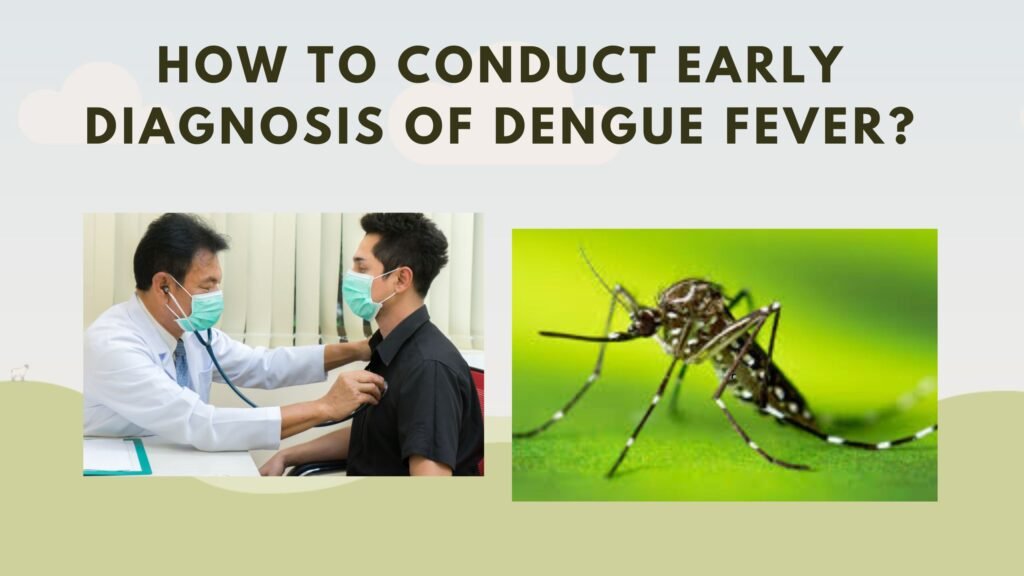
the First Symptom of Dengue Fever? the First Symptom of Dengue Fever?
the First Symptom of Dengue Fever? the First Symptom of Dengue Fever?
************************************************************************
Let’s Understand the Life Cycle of Dengue Disease and Its Impact on the Body:
- Infection Phase:
When a person is bitten by a dengue mosquito, the virus enters the body through the bite and gradually spreads through the bloodstream. - Viral Replication Phase:
This phase lasts for about 4 to 10 days. During this time, the virus enters the body’s cells and begins to multiply rapidly in the infected person’s body. - Fever Phase :
The fever phase is the first sign after being bitten by the dengue mosquito. The main symptoms include high fever, headache, and body pain. - Critical Phase :
This is the most dangerous stage, which begins when the fever subsides. Platelet levels drop rapidly, plasma starts leaking, and the risk of internal bleeding increases in the patient. - Recovery Phase :
In this phase, the patient’s condition stabilizes. Platelet count begins to rise, and the person gradually starts recovering.
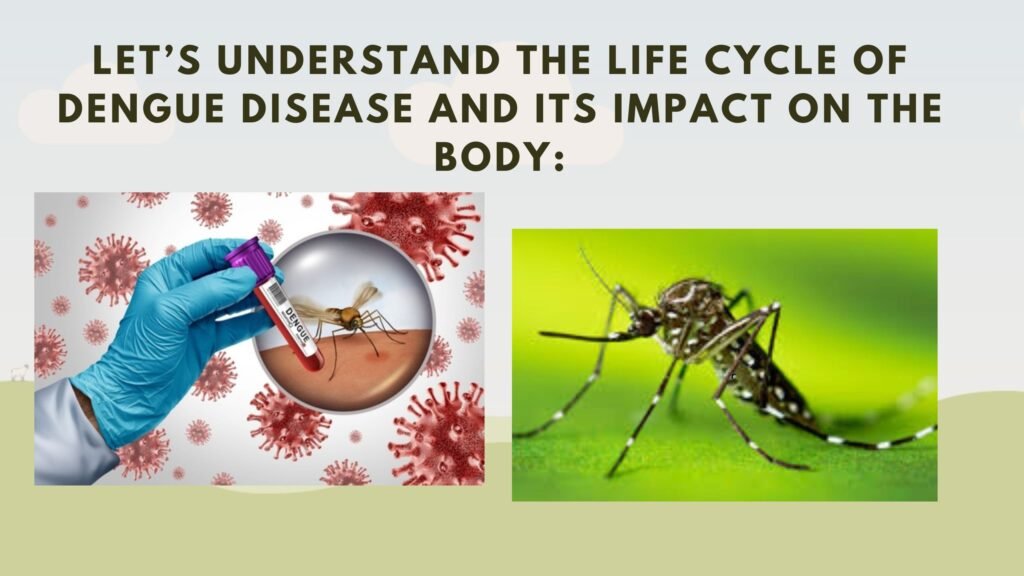
*************************************************************************
Early and Severe Symptoms of Dengue Fever
Early Symptoms:
When a person contracts dengue fever, the virus begins to spread inside the body and within 4 to 10 days it spreads throughout the body. These symptoms resemble those of a common viral fever but can be identified by some specific signs:
- The infected person experiences a sudden high fever, with body temperature rising to 102°F to 105°F.
- The person feels severe pain in the forehead and behind the eyes.
- The infected individual suffers from intense pain in muscles and bones, which is why dengue fever is also called “Breakbone Fever.”
- Red rashes appear on various parts of the body.
- The person experiences a loss of appetite and a reduced desire to eat.
- The infected person feels lethargic and fatigued.
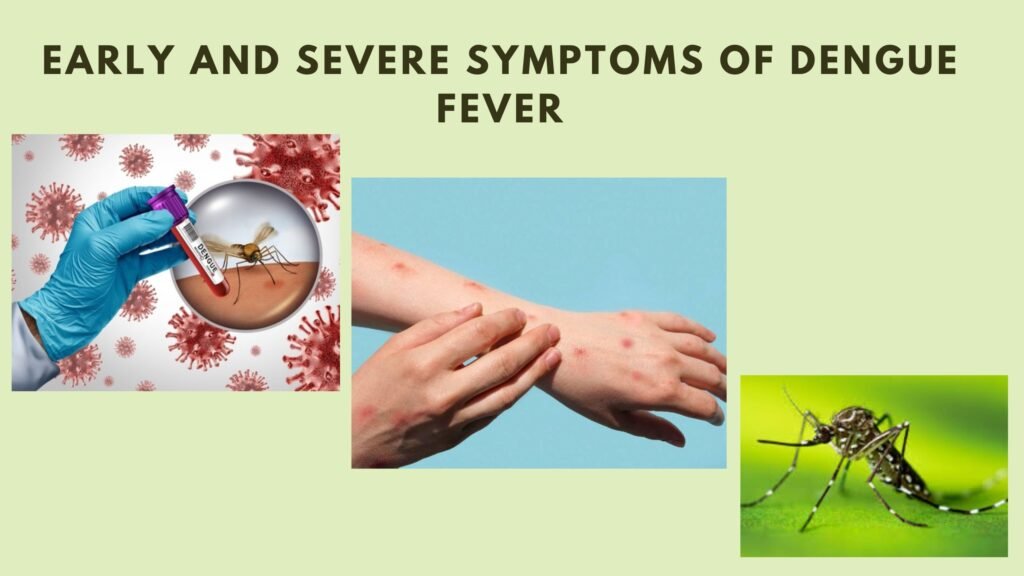
——————————————————–
Severe Symptoms
As the dengue disease progresses in the infected person’s body, the following severe symptoms begin to appear. Let’s understand these serious symptoms in detail:
- There is a rapid decline in the platelet count in the blood.
- Bleeding — The patient may experience bleeding from the nose, gums, urine, vomiting, and stool.
- The dengue-infected person may lose consciousness, and their blood pressure can drop sharply.
- Organ Failure — The patient’s condition may suddenly worsen, affecting vital organs such as the liver, kidneys, and lungs.
+++++++++++++++++++++++++++++++++++++++++++++++++++
A person affected by dengue should take special care of the following —
If the dengue patient experiences sudden stomach pain, continuous vomiting, difficulty in breathing, dizziness, or loss of consciousness, they should immediately consult a doctor.
*************************************************************************
Things to Keep in Mind During Dengue
What Not to Do During Dengue Fever
✅ Dos:
- The dengue patient should always stay in regular contact with a doctor.
- The patient should regularly get blood tests and monitor platelet counts.
- The dengue patient should drink plenty of water, ORS, coconut water, and fruit juices.
- The patient must take complete rest and avoid stress.
- When the fever is high, the dengue patient should take paracetamol medicine as advised by the doctor.
❌ Don’ts:
- The dengue patient should not take aspirin, ibuprofen, or any other painkillers.
- Do not get platelet transfusions without a doctor’s advice, even if platelet count falls.
- The patient should not self-medicate or rely solely on home remedies as the main treatment.
- The dengue patient must avoid dehydration and ensure adequate water intake at all times.
****************************************************************
Scientific Introduction to Dengue Virus
Dengue virus belongs to the Flaviviridae family and has four serotypes:
- DENV-1
- DENV-2
- DENV-3
- DENV-4
+++++++++++++++++++++++++++++++++++
https://www.mountsinai.org/health-library/diseases-conditions/dengue-fever
https://pram123.com/how-to-reduce-dengue-fever-quickly-2025/
………………………………………………………………………………………………………………………………………………
Table of Contents
the First Symptom of Dengue Fever? the First Symptom of Dengue Fever?
the First Symptom of Dengue Fever? the First Symptom of Dengue Fever?
the First Symptom of Dengue Fever? the First Symptom of Dengue Fever?




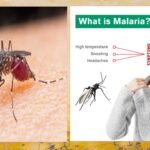


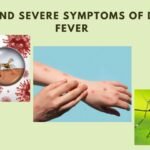




pthslnqluugkzpndtwkumflmrsgufr